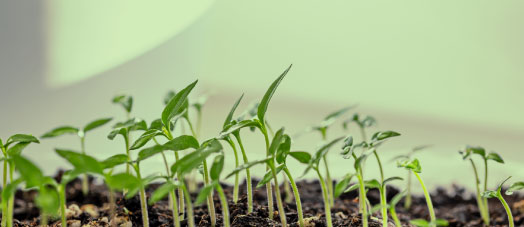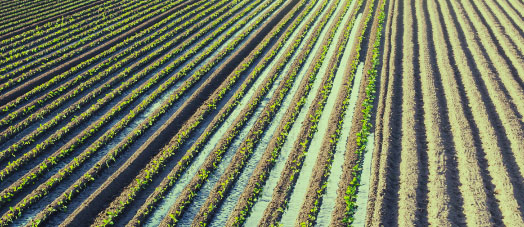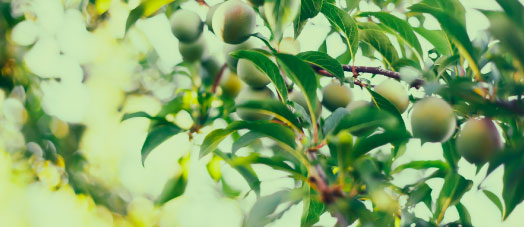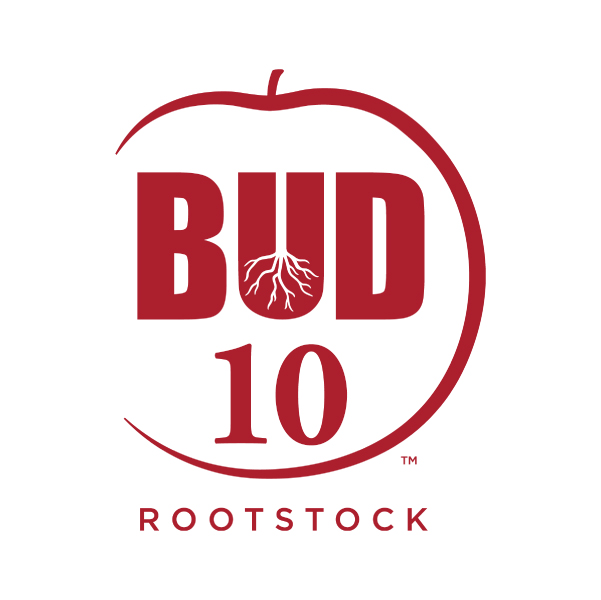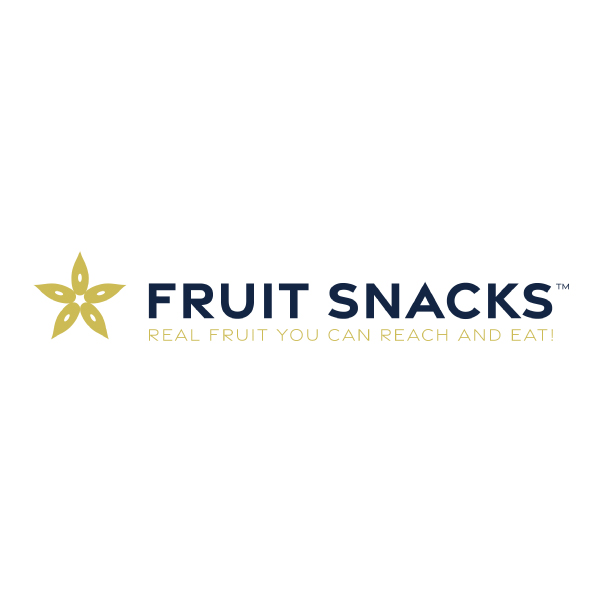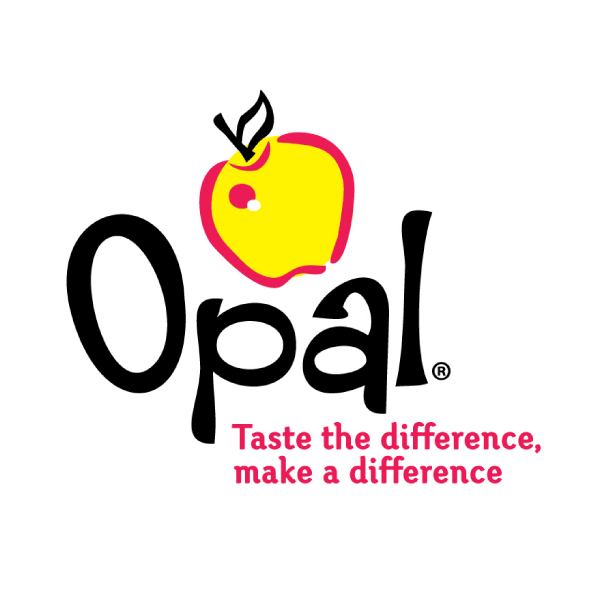
Bringing the best new plant varieties to market.
ARTICLES
Good Fruit Grower
Sticking with tried and true rootstocks – June 15, 2023
Tree Connection teams with Blue Sky Hazelnut Nursery – September 1, 2022
A lot of choice for cherry rootstocks – May 17, 2022
Tall order for dwarfing roots – April 14, 2022
Rootstock from Krymsk, Russia, with love – January 29, 2020
Variety watch: Carneval could be an early winner – September 2019
Picking among the best new cherry roots – April 25, 2019
Clients
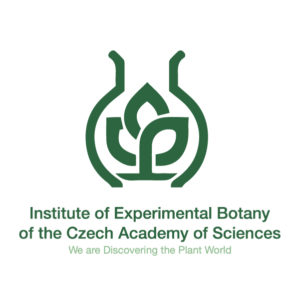 The Institute of Experimental Botany of the Czech Academy of Sciences (IEB) was founded in 1962. Today, it has 14 laboratories located in two cities, Prague and Olomouc, and a breeding station in Střížovice, 70 km northeast of Prague.
The Institute of Experimental Botany of the Czech Academy of Sciences (IEB) was founded in 1962. Today, it has 14 laboratories located in two cities, Prague and Olomouc, and a breeding station in Střížovice, 70 km northeast of Prague.
The institute primarily conducts basic research in plant biology, namely in plant genetics, physiology, phytopathology and biotechnology. However, IEB is also active in applied research.
In plant genetics, the projects are focused on molecular genetics of pollen and on plant functional genomics.
Physiological investigations include hormonal and ecological control of plant growth and development, mechanisms of transport and action of growth regulators, physiology of plant viruses, and plant pathophysiology.
In biotechnology, the institute investigates the design and preparation of edible vaccines from plants and mechanisms of phytoremediation.
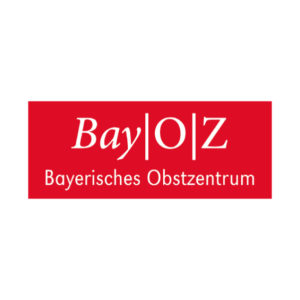 The Bavarian Centre of Pomology and Fruit Breeding, located at Hallbergmoos, just near the Munich International Airport in the heart of Bavaria, is a private company dedicated to breeding the best new apple, pear, and plum varieties. We have about 10 ha of agricultural area available, three greenhouses, machines- and warehouses as well as a laboratory, office space, and an auditorium.
The Bavarian Centre of Pomology and Fruit Breeding, located at Hallbergmoos, just near the Munich International Airport in the heart of Bavaria, is a private company dedicated to breeding the best new apple, pear, and plum varieties. We have about 10 ha of agricultural area available, three greenhouses, machines- and warehouses as well as a laboratory, office space, and an auditorium.
Fruit varieties from all over the world grow in our trial ground. They are the base material for the breeding of new apple and pear varieties and rootstocks.
Thousands of seedlings are grown each year, followed by a strong selection procedure. Special greenhouses are available for resistance tests with quarantine diseases in order to select disease-resistant clones. For the assessment of fruit quality, an optimally equipped laboratory is available. The best breeding clones are put through their paces under practice conditions.

Founded in 1921, the Vavilov Research Institute of Plant Industry — often simply called the Vavilov Institute — remains the world’s largest (and oldest) collection of plant genetics, mainly in the form of meticulously catalogued seeds hailing from all over the earth.
During World War II’s 28-month-long siege of Leningrad, several workers charged with caring for the Institute’s collection faced an unthinkable choice. In preparation for Germany’s civilian attack, all art was vacated from the Hermitage, but Soviet officials neglected to account for a different, equally invaluable collection – what was at the time, without a doubt, the largest collection of seeds in the world, curated by the Vavilov Institute.
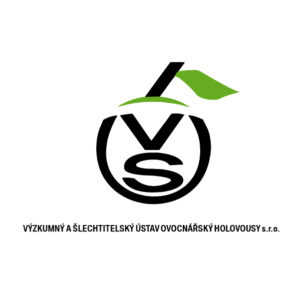 RESEARCH AND BREEDING FRUIT INSTITUTE HOLOVOUSY s.r.o.(hereinafter VŠÚO) was established on June 11, 1997 and it is a research organization under Act No. 130/2002 Coll., on the support of research and development. It is the only research institute in the Czech Republic focusing on fruit research of most fruit species of the temperate climate zone. During its almost seventy-year long history, it has focused mainly on applied research and development.
RESEARCH AND BREEDING FRUIT INSTITUTE HOLOVOUSY s.r.o.(hereinafter VŠÚO) was established on June 11, 1997 and it is a research organization under Act No. 130/2002 Coll., on the support of research and development. It is the only research institute in the Czech Republic focusing on fruit research of most fruit species of the temperate climate zone. During its almost seventy-year long history, it has focused mainly on applied research and development.
Currently, the department deals with projects of the Ministry of Agriculture, the Ministry of Education, Youth and Sports and the Technology Agency of the Czech Republic. Thanks to the project Ovocnářský výzkumný institute (OVI) (Fruit research institute) – Project reg. no. CZ.1.05/2.1.00/03.016, the organization has become one of the supported regional centers of applied research from the OP RDI – Priority Axis 2 – Regional R&D centers.
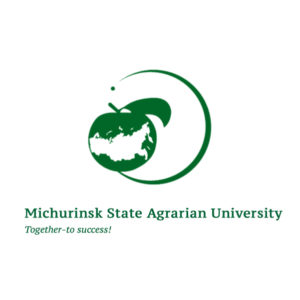 Michurinsk State Agrarian University is one of the oldest Russian agricultural institutions of higher education. It has become well-known due to its unique scientific research in the sphere of horticulture, as well as due to the training of qualified agricultural professionals.
Michurinsk State Agrarian University is one of the oldest Russian agricultural institutions of higher education. It has become well-known due to its unique scientific research in the sphere of horticulture, as well as due to the training of qualified agricultural professionals.
Michurinsk State Agrarian University used to be a Lawn-and-Garden Institute organized on the initiative of Ivan V. Michurin in 1931. In 1934 it was renamed Fruit-and-Vegetable Growing Institute, and in 1999 the institute was given a status of a university.
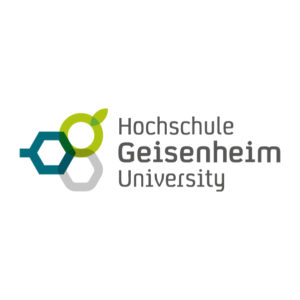 In its teaching as well as its research, Hochschule Geisenheim University combines the strengths of a traditional research university and a university of applied sciences or Fachhochschule.
In its teaching as well as its research, Hochschule Geisenheim University combines the strengths of a traditional research university and a university of applied sciences or Fachhochschule.
They offer their students eight practice-oriented bachelor’s degree programs, each leading to a professional qualification, and nine research-based master’s degree programs. Their doctoral students complete their PhDs in co-operation with renowned German and foreign universities; students and scientists alike benefit from our strong international network of partners.
Their research is equally application- and theory-based, with the main focus on the field of special crops in viticulture and horticulture and their diverse production and processing areas. They combine this with the fields of fresh produce logistics, food safety, business administration and marketing. Planning and design are two further key areas encompassing landscape architecture, landscape gardening and environmental conservation. It is this diversity and international approach that define the Geisenheim Profile.
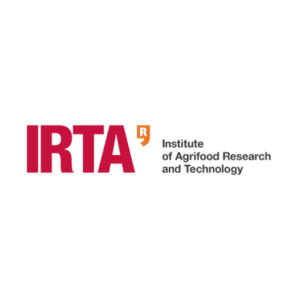 ‘s mission is to contribute to modernising, improving, boosting competitiveness, and fostering sustainable development in the sectors of agriculture, food, agroforestry, aquaculture, and fishing, as well as in all areas of activity directly or indirectly related to the supply of healthy, high-quality foodstuffs to end consumers, while also contributing to food safety and safe processing of foodstuffs and in general enhancing the health and well-being of the population.
‘s mission is to contribute to modernising, improving, boosting competitiveness, and fostering sustainable development in the sectors of agriculture, food, agroforestry, aquaculture, and fishing, as well as in all areas of activity directly or indirectly related to the supply of healthy, high-quality foodstuffs to end consumers, while also contributing to food safety and safe processing of foodstuffs and in general enhancing the health and well-being of the population.
Its general objectives are to promote research and technological development in the area of agri-food, to facilitate the transfer of scientific advances and to evaluate its own technological advances whilst seeking the utmost coordination and collaboration between the public and private sectors.
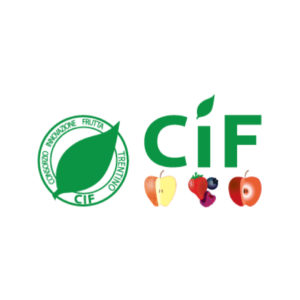 CIF (Innovation Fruit Consortium) is a Ltd company founded in 2008. The company was created to develop in the market the new fruit varieties obtained by the local public research institute IASMA.
CIF (Innovation Fruit Consortium) is a Ltd company founded in 2008. The company was created to develop in the market the new fruit varieties obtained by the local public research institute IASMA.
The chairman of CIF is Mr. Alberto Giovannini, the exectuive director Dr. Luca Lovatti, technician Mr. Matteo Emer (apple experimental and demonstration fields), Dr. Paula Poncetta (researcher sof fruits) and Dr. Lara Poles (Marker Assisted Selection on Apple). Members of CIF are : APOT (www.apot.it) and Fondazione Edmund Mach (www.fmach.it).
APOT is an APO (Association of Produce Organisation) and members are four Producer Organisation: Consorzio Valli Trentine, La Trentina (www.latrentina.it) , Melinda (www.melinda.it) and S.Orsola (www.santorsola.it).
The PO’s Consorzio Valli Trentine, La Trentina and Melinda are mainly interested in the development of new apple varieties meanwhile S. Orsola and Melinda is mainly active in berries, strawberries and sweet cherries.
The four PO’s represents 92% of the total fruit production in the Trentino Province. In total, through APOT, we represent the fruit innovation for: 10.000 growers, 10.000 hectars and 450.000 t of fruit sold in the market
The C.I.F. develops and promotes new varieties of fruits for their social base: APOT (67.74%) and FEM (32.26%).



